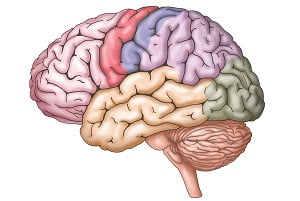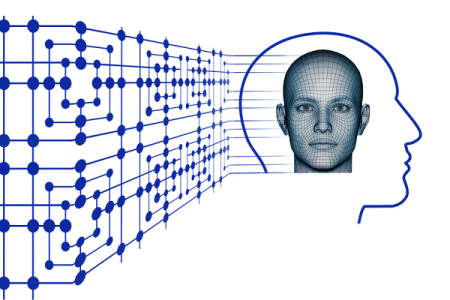Browsing: Clinical Depression
Comprehensive Information, Resources, and Support on Clinical Depression
DMT Side Effects and Risks: A Comprehensive Guide
The Allure and Peril of DMT DMT, or dimethyltryptamine, is a powerful psychedelic often linked to intense spiritual experiences. Though…
Photo by Andrea Piacquadio Taking the time to take care of your mental health is just as important as taking…
Everyone has those down moments in life at some point or another. These may be due to things like job…
Coping With Mental Health Conditions Such as Depression and Anxiety
Mental health is about how people feel, think, and behave. Mental health conditions refer to those conditions that affect a…
How to Manage Your Stress Efficiently and Effectively
Are you struggling with stress? You might think that stress isn’t a massive deal. However, this isn’t the case. White…
Intro: Service dogs play an essential role in the lives of their owners, providing necessary assistance and companionship. Service dogs…
Teenagers who are dealing with mental health problems are not alone. Depression is the most prevalent of the many mental…
Digital health tech is now an integral part of the healthcare ecosystem. We consider it as an immaculate solution to…
The Human Brain The brain is a wonderful three-pound organ that controls all the functions of human body and interprets…
Can Artificial Intelligence Benefit in Treating Depression?
Artificial intelligence technology is still not handy for every individual but has the potential to benefit the society. Many researchers are working with this technology as their base in research to reduce the effect of mental problems such as depression.












